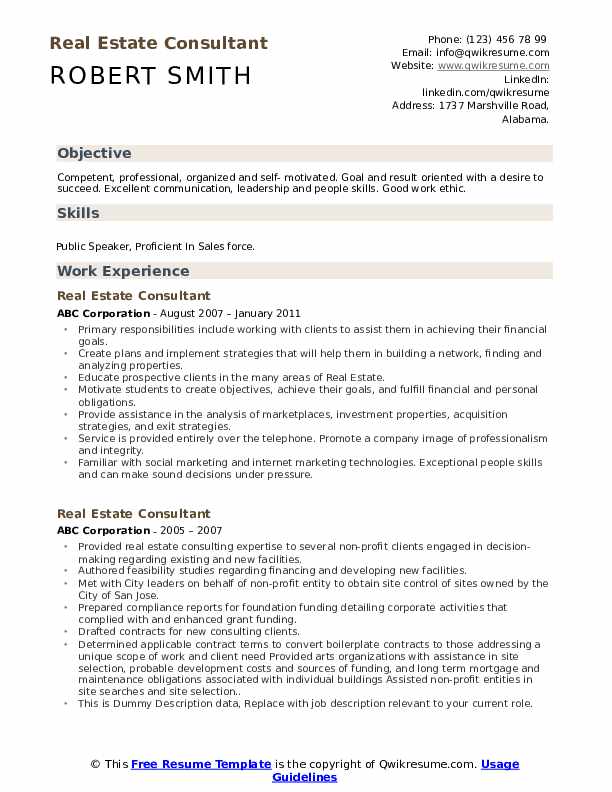
Here are the essential skills required to be successful as a manager for customer success. They are Customer-focused, resilient, and able to establish relationships with customers. In addition, there are a variety of job opportunities for this role. Continue reading to find out more.
Management skills needed to be a customer success manager
These customer success managers have become increasingly popular in recent years and are being sought after by more companies. This job is different from one company to the next. Some companies specialize in commercial aspects while others are more focused on product knowledge or best practices. These skills are important regardless of your job title.
Customer success managers need excellent communication skills. These managers must communicate effectively with customers and departments. It is vital to fully understand the needs of customers and advocate for their benefits. You will be working with other departments and teams, and dealing with customers every day.

Resilience
Resilience is a key part of any business's success. It helps people take tough decisions, prepare for the unexpected, and keep calm even when emotions are running high. This trait is also necessary for working well in customer success teams. Vodafone found that almost 90 percent said being resilient was vital to their careers in a study.
Resilience is a necessary trait for Customer Success managers, as they are responsible for managing and enhancing the experiences of customers. They must also build the necessary resilience to deal with setbacks, and be able to adapt and pivot to meet customer needs. This is especially important when it comes crisis management, in which a team must maintain their performance despite multiple challenges.
Ability to build relationships and trust with customers
Customer success managers must be able to build relationships with their customers. This is one of the most important skills they can have. It is crucial to get to know your customers and think strategically. Prospective customers should be contacted on a regular basis by a manager responsible for customer success. You never know when they might need your help. Managers must not only be able to build relationships and communicate with customers but also need to be analytically and resilient. Knowing data from behaviors, buying patterns, and demographics will help you better understand how to best help customers.
You should be able foster customer relationships and keep them coming back to your business as a manager of customer satisfaction. You can do this by developing executive relationships and by managing these relationships at scale. This will result in a better customer base.

There are many job opportunities
You will manage customer service and ensure customers are happy in your Customer Success Manager role. This role is responsible of defining the function and best practices for Customer Success and helping to achieve retention and growth goals. Customer Success Managers must be highly detail-oriented and have a track of success. It is also important to have experience working with complex, large organizations. Lastly, a successful candidate will be able to establish relationships with customers, develop a value realization plan, and identify account risks.
Customer success managers can help companies increase customer retention and upsell new features, which can lead to increased revenue. This role gives them the opportunity to promote their company's image.
FAQ
How is consulting different to freelancing
Freelancers are self-employed individuals who offer their services to clients without employees of a company or agency. Hourly rates are usually charged based on the time they spend working on a client’s project. Consultants work for companies and agencies that employ them. Their salaries are often paid monthly, or annually.
Because they have control over their work hours and can set their prices, freelancers are more flexible than consultants. Consultants have better benefits, like health insurance, vacation time, sick leave, retirement plans and etc.
Is it possible to be a consultant?
A consultant is someone that helps you achieve your goal. They can offer advice on how to do it better, faster and cheaper.
Consulting can be a great way to solve problems, make informed decisions, and work with others.
Many consultants are hired for specific projects and tasks.
Consultants are often paid per hour or daily rather than per project.
What qualifications do you require to become a Consultant?
You don't just need to have a MBA, you also need to demonstrate your ability as a business consultant. Two years experience should be gained in consulting or training for a major corporation.
It is essential that you have experience working closely with senior management on strategic development projects. This will require you to be comfortable sharing your ideas with clients and getting their buy-in.
You'll also need to pass a professional qualification exam such as the Chartered Management Institute's Certified Management Consultant (CMC) certification.
Statistics
- On average, your program increases the sales team's performance by 33%. (consultingsuccess.com)
- Over 50% of consultants get their first consulting client through a referral from their network. (consultingsuccess.com)
- WHY choose me: Why your ideal client should choose you (ex: 10 years of experience and 6-week program has helped over 20 clients boost their sales by an average of 33% in 6 months). (consultingsuccess.com)
- Over 62% of consultants were dissatisfied with their former jobs before starting their consulting business. (consultingsuccess.com)
- So, if you help your clients increase their sales by 33%, then use a word like “revolution” instead of “increase.” (consultingsuccess.com)
External Links
How To
What does a typical consultant's day look like?
Depending on what type of work you do, your typical day may vary. But generally speaking, you will spend time researching and planning new ideas, meeting clients, and preparing reports.
You will often have meetings where you discuss issues and problems with clients. These meetings can be conducted over the phone, by email, face-to-face, or online.
Sometimes, you may be asked to create proposals. These are documents that outline your ideas and plans for clients. These proposals should be discussed with a mentor or colleague before being presented to clients.
After all the planning and preparation you will have to put your efforts into creating some content. This could include writing articles, designing websites or editing photos.
You may need to conduct research depending on the scope of your project to find relevant statistics and figures. This could include finding out how many customers your company has and whether they purchase more than one product.
After gathering enough information, you can present your findings to clients. You can present your findings verbally or in writing.
After your initial consultation with clients, you need to keep in touch. You might contact them regularly to check on their progress or send them emails to confirm they have received your proposal.
This process takes time, but it's important to ensure that you stay focused and maintain good relationships with clients.